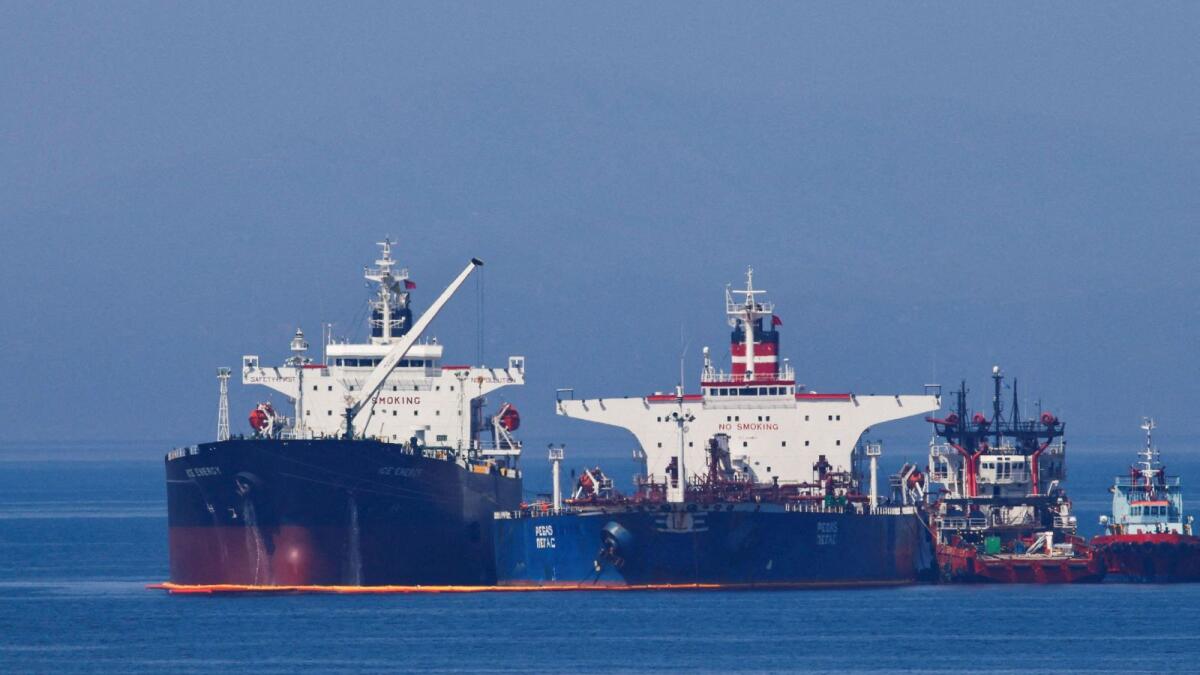Opec has enough spare oil capacity to compensate for a full loss of Iranian supply if Israel were to attack Iranian facilities, according to recent reports. However, there are concerns that retaliatory actions by Iran against its Gulf neighbours could pose a challenge for the producer group. Iran has threatened a crushing response if Israel retaliates to its recent missile attacks on Israel. Israel’s options include targeting Iranian oil production facilities among other strategic sites, which could have implications for global oil markets.
Despite facing US sanctions, Iranian oil exports have increased this year to near multi-year highs of 1.7 million barrels per day, with Chinese refiners being the main buyers of its supply. China has stated that it does not recognize unilateral US sanctions. Opec+, which includes Opec and allies like Russia and Kazakhstan, has been cutting production in recent years to support oil prices amid weak global demand. The group currently has millions of barrels of spare capacity due to these production cuts.
While Opec has the capacity to make up for the loss of Iranian supplies, much of this capacity is based in the Middle East Gulf region, making it vulnerable if the conflict were to escalate further. Analysts have raised concerns about the potential impacts of renewed attacks on energy infrastructure in the region, which could lead to severe disruptions in the oil market. If necessary, the West may need to tap into strategic reserves to address any supply shocks.
Israel has refrained from attacking Iranian oil facilities thus far, but experts believe that potential targets could include Iran’s oil refining sites and the Kharg Island oil port, which handles a majority of the country’s crude exports. During the Iran-Iraq War in the 1980s, Baghdad threatened to destroy the Kharg Island oil terminal. There are also concerns that Iran and its proxies could target energy operations in other parts of the region to internationalize the costs if the current crisis escalates into a full-blown conflict.
Oil prices have remained in a narrow range of $70-90 per barrel in recent years, despite various conflicts and geopolitical tensions. The rise in US oil production has helped to ease concerns in the oil market, as the US now produces 13% of global crude and almost 20% of global oil liquid production. This diversity of supply, combined with healthy spare capacity within Opec, has helped to insulate the market from dramatic supply shocks, despite ongoing tensions in the Middle East.
However, a broad conflict in the Middle East that significantly impacts production could lead to a rise in oil prices, driving up fuel costs and potentially impacting the US presidential election. The United States may urge Israel to exercise restraint in its response to avoid escalating tensions further. Overall, while the market remains relatively stable due to increased US production and spare capacity within Opec, any major disruptions in the Middle East could have significant implications for global oil prices and supply.











